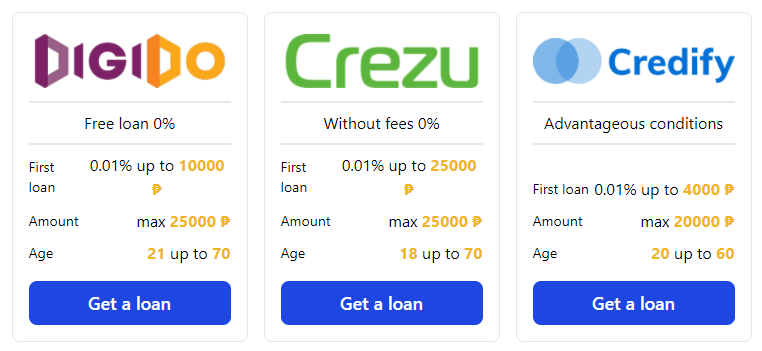Online lending platforms or OLPs have been a fast-growing segment of the lending industry in recent years. With the rise of digital technology and the internet, online lending has become more accessible and convenient for borrowers. However, some online lenders have been engaging in unfair and unethical practices, leading to the need for increased regulation.
The Philippines is one of the countries that has seen significant growth in online lending platforms. However, with the rapid growth has come an increase in illegal lending activities. To tackle this situation, the SEC has been playing an active role in regulating the industry and cracking down on illegal lenders.
The need for regulation of the online lending industry stems from the fact that OLPs are not subject to the same regulatory requirements as traditional lending institutions such as banks. This regulatory gap has left borrowers vulnerable to high-interest rates, hidden fees, and harsh collection practices. Furthermore, some online lenders have been using aggressive marketing tactics to target vulnerable individuals, leading to situations of debt traps.
To prevent such situations from occurring, the SEC introduced the Memorandum Circular No. 19, Series of 2019 which outlines the disclosure requirements for financing and lending companies in their advertisements and OLPs. Under this circular, all financing and lending companies must comply with specific disclosure rules that include the disclosure of the corporate name, SEC registration number, and Certificate of Authority (CA) number in their ads and OLPs.
Moreover, companies must also register all their OLPs as business names and submit an Affidavit of Compliance of each one to the Corporate Governance and Finance Department. These requirements ensure that lenders maintain transparency and that borrowers are aware of the terms and conditions of the loans they are taking out.
To further tighten the regulation of OLPs, the SEC introduced the Memorandum Circular No. 10, Series of 2021 which imposed a moratorium on the registration of new OLPs, including those by financing and lending companies. Only companies with registered OLPs as of Nov 2, 2021, can operate under strict monitoring by the SEC.
To ensure that OLPs in the Philippines comply with regulatory requirements, the SEC has been taking action against companies that fail to abide by the rules. As part of its campaign against illegal lending, the SEC has rescinded the Certificates of Registration of over 2,000 lending and financing companies that failed to secure their CA. Additionally, it has nullified the CA of 39 lending and financing companies due to violations.
The most recent action taken by the SEC is the removal of 33 unregistered online lending applications from the Google Play Store with the help of Google Philippines. The SEC reported this news in a press release on Feb 7 (https://www.sec.gov.ph/pr-2022/sec-stamps-out-unregistered-online-lending-apps/#gsc.tab=0).
These apps were violating the SEC’s Memorandum Circular No. 19, Series of 2019, which requires all lending and financing companies to comply with specific disclosure rules that include the disclosure of the corporate name, SEC registration number, and Certificate of Authority (CA) number in their ads and OLPs.
The move to remove the 33 unregistered online lending applications aims to protect consumers from predatory lending practices. It is also part of the SEC’s efforts to promote a healthy and sustainable credit market in the country. The removal is in line with earlier discussions the SEC had with Google. In May 2022, Google implemented a new policy which requires developers with personal loan apps targeting users in the Philippines to submit a Personal Loan App Declaration and necessary documentation before publishing apps on the Google Play Store.
Despite the SEC’s efforts, some unscrupulous OLPs may still find ways to operate illegally. Therefore, consumers need to be vigilant when engaging with online lending companies. Borrowers should avoid signing up for loans with unregistered lenders or OLPs. They should also review the terms and conditions of any loan carefully, and check for hidden fees and charges.
In conclusion, the SEC’s recent action of removing unregistered online lending applications from the Google Play Store is a significant step towards protecting consumers from predatory lending practices. It shows that the SEC is taking active measures to regulate the online lending industry in the Philippines. However, given the rapid growth of OLPs and the rise of digital technology, regulators will need to remain vigilant to ensure that consumers are not taken advantage of by unscrupulous lenders.
To view the SEC’s list of recorded online lending platforms, go here (https://www.sec.gov.ph/lending-companies-and-financing-companies-2/list-of-recorded-online-lending-platforms/#gsc.tab=0)
